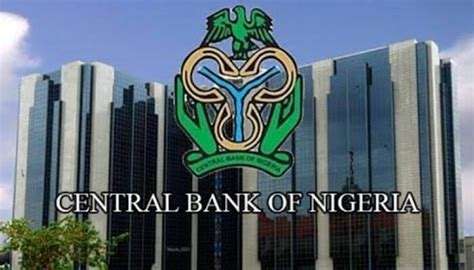The Central Bank of Nigeria (CBN) has issued a new directive aimed at tightening succession planning requirements for the country’s major banks, particularly Domestic Systemically Important Banks (DSIBs), which are deemed “too big to fail.” According to the new rule, banks must secure regulatory approval for the appointment of a successor Managing Director at least six months before the current director’s exit. They must also publicly announce the appointment no later than three months prior to the transition. This policy, outlined in a circular signed by Dr. Rita Sike, Director of Financial Policy and Regulation, is intended to strengthen corporate governance, reduce leadership uncertainty, and bolster confidence in Nigeria’s financial system.
The directive builds on Section 2.14 of the 2023 Corporate Governance Guidelines, which mandates the establishment of robust succession plans for senior executives, including Managing Directors, Executive Directors, and other key management personnel. By enforcing earlier planning, the CBN aims to minimize disruptions at the leadership level, allow incoming leaders to prepare adequately, and prevent destabilizing speculation in financial markets. Institutions that fail to comply may face regulatory sanctions, as oversight is tightened to enhance sector resilience.
Industry analysts note that this move will encourage boards to identify and develop internal talent, while also preparing for potential external recruitment when necessary. The policy also aligns Nigeria’s banking oversight with international best practices, where regulators require documented succession strategies to ensure continuity of leadership. Although experts warn that sudden resignations or deaths could challenge the framework, the CBN has indicated that flexibility will be considered in extraordinary circumstances, even as it upholds its demand for improved governance.
This directive is part of Governor Olayemi Cardoso’s broader reform agenda, which includes foreign exchange reforms and bank recapitalization, all aimed at promoting transparency, continuity, and global competitiveness within Nigeria’s financial system.




